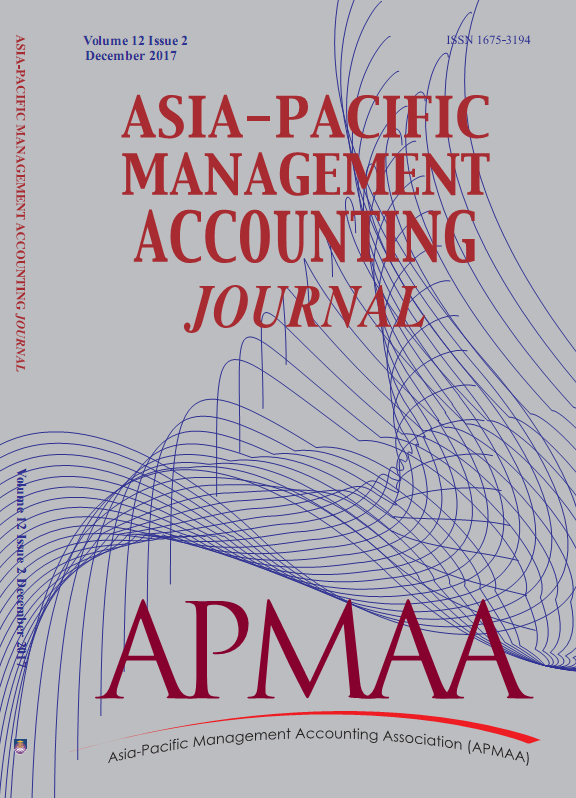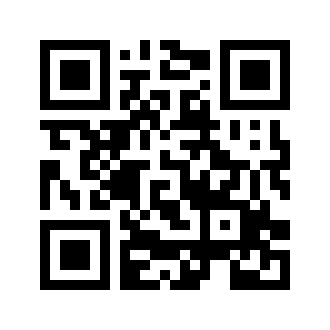Volume 19 Issue 2, August 2024
ARTICLE INFO
Article History:
Received: 10 June 2024
Accepted: 01 July 2024
Published: 01 August 2024
The Development and Implementation of a Crowdfunding Waqf Micro Takaful Model in Malaysia
Siti Aisyah Mazlan1, Wan Jemizan Wan Deraman2, Fauzilah Salleh1♣ and Muhammad Shahrul Ifwat Ishak1
1Universiti Sultan Zainal Abidin, Malaysia
2Takaful Ikhlas General Berhad, Kuala Lumpur, Malaysia
This article presents a new and environmentally friendly micro takaful model for individuals with low incomes in Malaysia. The suggested Crowdfunding Waqf Micro Takaful Model, which utilises crowdfunding-waqf in Malaysia, aims to offer financial security to individuals who lack adequate safety or protection measures and are susceptible to economic disruptions, such as the COVID-19 pandemic. This study comprehensively examined Malaysia's waqf system, micro takaful market, and crowdfunding platforms to construct a framework that effectively caters to the requirements of low-income individuals and potential donors. The researchers collaborated with Bank Negara Malaysia, State Islamic Religious Councils, local takaful operators, and a crowdfunding platform to ensure adherence to local regulations and longterm viability. The Crowdfunding Waqf Micro Takaful Model is founded on a crowdfunding-waqf strategy that employs perpetual charity (sadaqah jariyah) to generate financial resources for the takaful fund. This approach renders the framework socially responsible and sustainable. The suggested model aims to foster financial inclusion, mitigate poverty, and facilitate the attainment of the Sustainable Development Goals (SDGs), specifically SDG 1 (No Poverty) and SDG 8 (Decent Work and Economic Growth). This study highlights the capacity of collaborative and innovative strategies to tackle social and economic challenges, particularly in utilizing waqf and crowdfunding as mechanisms for promoting sustainable development. The research methods included a comprehensive literature review, interviews, and focus group discussions (FGDs), which provided key insights into the effectiveness of the proposed model. One key finding was the potential for increased donor participation through the integration of crowdfunding platforms, enhancing the financial sustainability of the micro takaful fund. The suggested framework has the potential to be replicated and modified in various settings to aid marginalized communities, foster market stability, safeguard consumers, and facilitate the expansion of the micro takaful industry. The Crowdfunding Waqf Micro Takaful Model could potentially be a viable approach for bolstering financial inclusivity and alleviating poverty in Malaysia and other countries.
Keywords: Waqf, Micro Takaful, Crowdfunding, Low-income, Poverty


